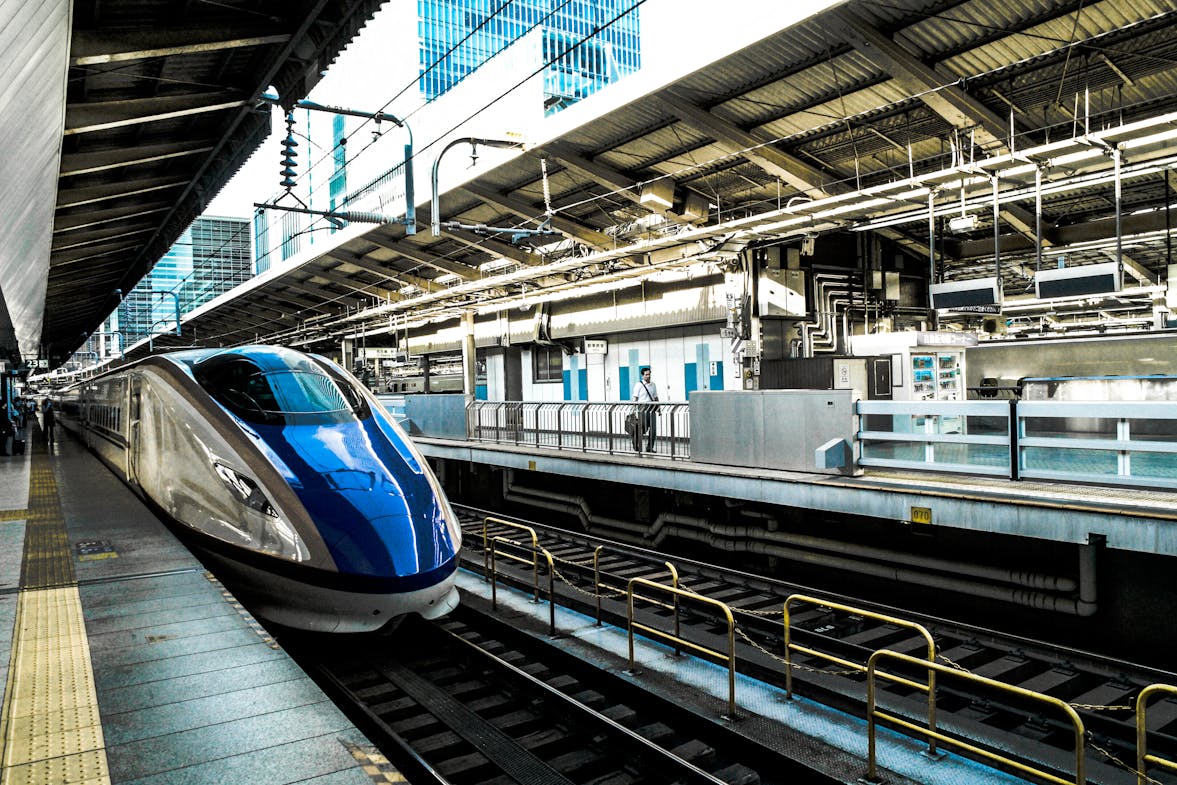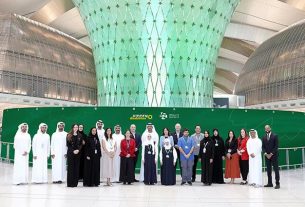In a significant shift in infrastructure priorities, the Dutch government has reallocated billions in transport funding—resulting in a major cut to the long-planned Lelylijn rail project. Originally earmarked to receive €3.4 billion, the 110-kilometre high-speed line between Lelystad and Groningen will now only receive €900 million, following a decision to divert €2.5 billion to other pressing transport needs.
Announced in early May 2025, the reallocation forms part of a broader budgetary review prompted by rising national costs and shifting political priorities, including a greater focus on maintenance and climate resilience in the existing network.
The Lelylijn—intended to significantly improve connectivity between the northern provinces and the Randstad region—has long been a symbol of regional development hopes. With this budget cut, the project’s future has been cast into uncertainty. While the Dutch government has stated its continued support for the line in principle, the reduced funding threatens to delay construction timelines or force a redesign of the original scope.
According to Dutch media reports (including coverage by NOS and Rijksdienst voor Ondernemend Nederland), the funding shift reflects immediate infrastructure demands elsewhere in the country, particularly where existing rail lines are under pressure due to growing passenger volumes and climate-related challenges.
“This reallocation is a political choice,” said Groningen’s regional commissioner, in comments reported by NOS. “But it risks deepening regional inequality and delaying vital economic progress in the north.”
Regional leaders have expressed strong disappointment and have called for reassurances from The Hague that the Lelylijn remains a national priority in the long term. Proponents argue the project is critical for addressing housing shortages, economic disparities, and sustainable transport goals.
The Lelylijn was also included in the Dutch National Growth Fund portfolio, which aimed to finance future-proof economic infrastructure. With this latest cut, stakeholders are urging renewed EU co-financing discussions and public-private partnership models to salvage momentum.
Sources:
- NOS.nl (Dutch Broadcasting Foundation), May 2025
- Rijksoverheid.nl – Official Government Budget Communications
- Dutch Ministry of Infrastructure and Water Management updates



